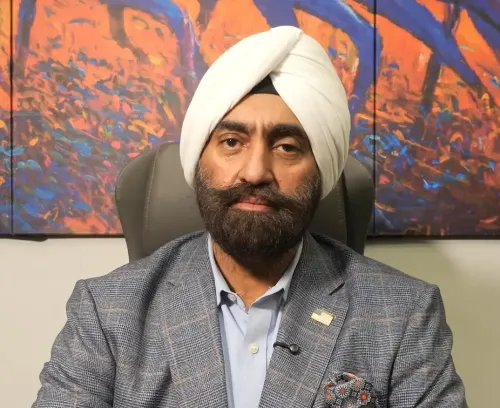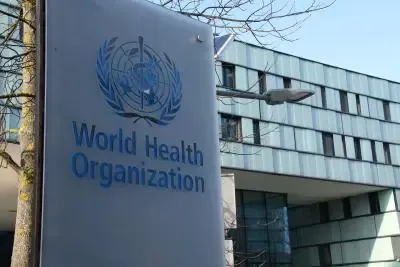Are School Closures in Greece a Sign of a Deeper Crisis?

Synopsis
Key Takeaways
- 721 schools to close across Greece due to low enrollment.
- Projected student population drops to 1.21 million.
- Long-term demographic decline with a loss of over 400,000 in the last 13 years.
- Students in rural areas face long commutes of up to 80 km.
- Introduction of private universities marks a significant educational reform.
Athens, Sep 1 (NationPress) Greece is set to shut down hundreds of schools as a drastic decline in student enrollment underscores the nation's troubling demographic trends, as reported by Kathimerini, a prominent Greek daily focusing on politics and economics.
For the academic year 2025-2026, 721 out of 13,478 schools in Greece will cease operations due to inadequate enrollment, primarily affecting kindergartens and primary schools, according to data from the Ministry of Education.
The anticipated student population is around 1.21 million for 2025-2026, marking a decline of over 150,000 compared to the 2018-2019 figures, as reported by Xinhua News Agency.
These closures reflect a long-standing demographic crisis. The Hellenic Statistical Authority indicates that Greece's population has decreased by more than 400,000 in the last 13 years, driven by low birth rates, an aging populace, and emigration.
Nationwide school closures have been documented, including 77 schools in the Attica region. In rural areas, some children are now required to travel up to 80 km daily to attend classes, as noted in the report.
Earlier in August, Greece inaugurated its private higher education system, allowing for the establishment of foreign university branches starting this September.
The Ministry of Education has confirmed that two universities will be located in Athens and two in Thessaloniki, Greece's second-largest city.
The official Greek news agency AMNA reported these institutions include the American University of Anatolia, CITY (affiliated with the University of York), the University of Keele, Greece, and UNIC Athens (affiliated with the University of Nicosia).
The ministry stated that licenses were awarded under stringent criteria focusing on academic quality, staffing, and infrastructure.
"This represents a historic advancement for the benefit of younger generations," remarked Education Minister Sophia Zacharaki, emphasizing that the reform aims to broaden educational opportunities and enhance Greece's status as a regional educational center.
For many years, private higher education was prohibited by the Greek constitution. However, in 2024, the parliament adopted a law permitting non-state, non-profit universities to operate under strict oversight.










